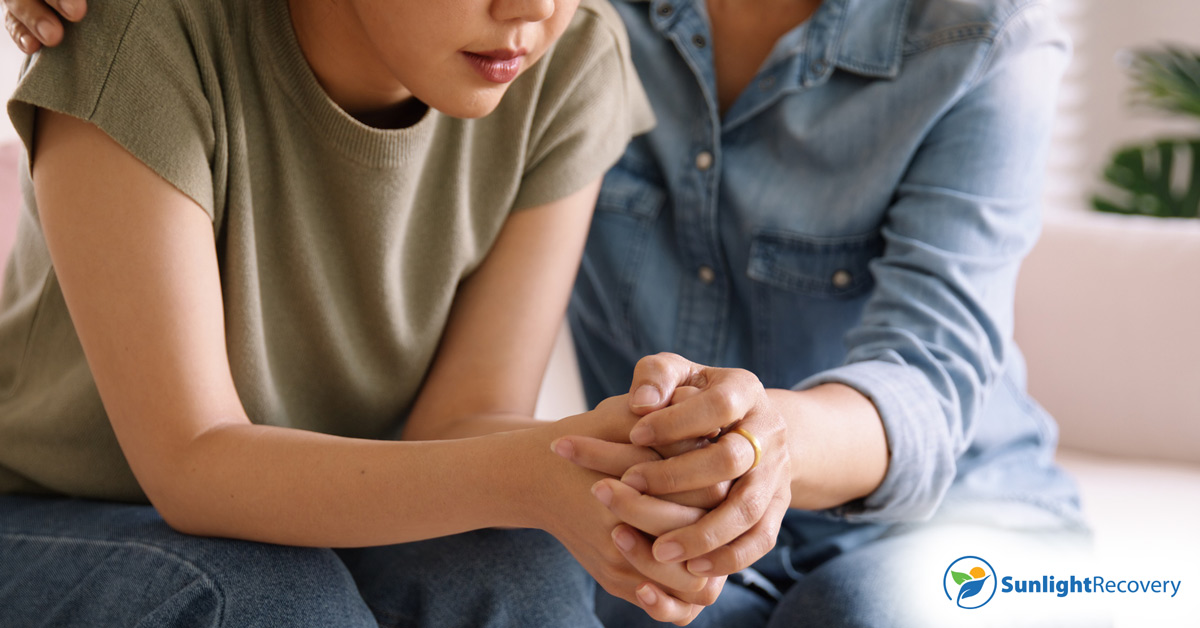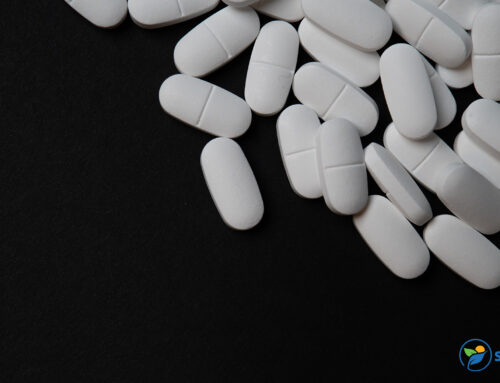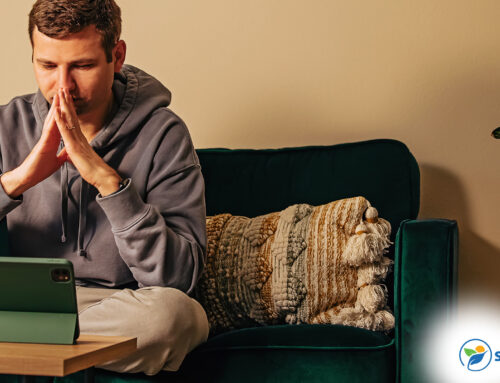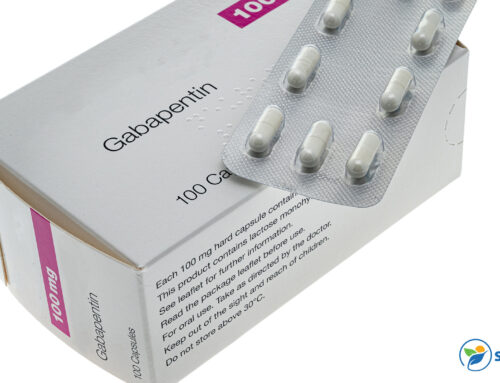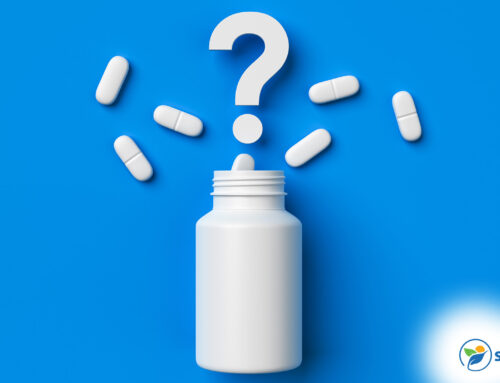If you know someone with a heroin addiction, you’re not alone. In 2021, over 1 million Americans used heroin. For many of these people, heroin use isn’t a one-time thing. Heroin creates intense feelings of euphoria, which makes it highly addictive. In other words, once someone starts using heroin, it can be extremely difficult to stop.
Over time, heroin negatively impacts both physical and mental well-being. Not only is it linked to a number of health conditions, but it can also impair cognitive function and worsen mental health. Fortunately, there are treatments available to help people overcome substance use. Keep reading to learn more about the effects of heroin use and getting help with heroin addiction.
Common Signs of Heroin Use
Because of its addictive nature, overcoming heroin addiction isn’t easy. Heroin is made from morphine, a natural substance found in opium poppy plants. When it enters the brain, it binds to your opioid receptors, encouraging the production of dopamine. Known as the feel-good hormone, dopamine boosts feelings of pleasure. As a result, a person may seek out more heroin to keep producing the pleasurable feelings.
The more heroin a person uses, the higher their tolerance becomes. This can lead to increased dosages, which helps strengthen the addiction. As a person continues to use heroin, they may exhibit the following symptoms:
- Slurred speech and poor coordination
- Sudden changes in appearance (such as weight loss)
- Small pupils
- Needle marks on the skin
- Periods of euphoria followed by drowsiness
- Mood swings
- Increased anxiety or depression
- Trouble sleeping
- Behavioral changes (such as poor judgment and social isolation)
While these signs are indicative of heroin use, they’re also associated with other drugs such as fentanyl and oxycodone. Whether it’s heroin or another illicit substance, it’s important to get help for your loved one. In addition to harming a person’s physical and mental health, drugs like heroin have the potential to be fatal. Heroin is also linked to serious health conditions such as collapsed veins, pneumonia, liver disease and kidney disease.
How to Help a Heroin Addict
Now that you know the dangers associated with heroin use, how do you get heroin addicts help? Unfortunately, there’s no universal answer — what works for one person may not work for another. That being said, here are some useful tips to keep in mind:
- Encourage open communication: Watching a loved one go through heroin addiction isn’t easy. You might become frustrated with their behavior or want to criticize them. While these feelings are normal, it’s important not to show judgment. Instead, try to create a safe space where your loved one feels comfortable sharing their experiences. Getting them to open up is key to finding an effective solution.
- Provide support: Many people with substance use disorder (SUD) are worried that their loved ones may judge them and stop talking to them if they’re open about their addiction. To help alleviate these concerns, make it clear that you’re there to provide support. Be empathetic and understanding, and avoid blaming or shaming.
- Promote healthy habits: In addition to providing emotional support, encourage the person to engage in healthy habits. These include maintaining a healthy diet, exercising regularly and participating in hobbies. This can help prevent some of the effects of heroin use, such as social isolation and poor health.
- Host an intervention: If your loved one isn’t responsive to a one-on-one conversation, consider hosting an intervention. This involves gathering a group of close friends and family members, as well as mental health experts, to confront the person in a safe, nonjudgmental way. By having multiple people express their concerns, you may be able to get through to them.
- Understand the root cause: During these conversations, try to understand the root cause of the person’s heroin addiction. It’s common to turn to heroin use as a coping mechanism for mental health conditions. According to the Substance Use and Mental Health Services Administration (SAMHSA), one in four adults with a mental health issue also has SUD.
Maintaining an empathetic, nonjudgmental attitude can encourage your loved one to be honest with you. If they’re open to seeking help, the next step is promoting treatment.
Getting Help With Heroin Addiction: Professional Treatment
Whether you’re hosting an intervention or having a personal conversation, the ultimate goal should be encouraging professional treatment. This involves treatment designed for heroin use, as well as treatment for any underlying mental health conditions. Professional help with heroin addiction may include:
- Detoxification: Detoxification gives people the opportunity to withdraw from drugs in a safe environment. During this process, people may experience symptoms like muscle spasms, nausea and vomiting. Patients are monitored by medical professionals who can assist in sudden emergencies.
- Medications: Certain medications can assist with withdrawal symptoms and help patients transition away from heroin use.
- Therapy: Behavioral therapies help teach patients how to live without heroin while also addressing the mental health issues that may have encouraged addiction in the first place. One common form of therapy is cognitive behavioral therapy (CBT), which involves changing negative thought patterns to positive ones.
Although treatment can be highly effective, it’s not easy to pursue. Many people may feel overwhelmed when looking for treatment options or nervous about attending a therapy appointment. That’s why it’s helpful to research some options beforehand. Guiding a loved one through treatment can go a long way when it comes to achieving recovery.
Achieving Recovery Is Possible
Just like overcoming heroin use, supporting someone with a heroin addiction is an ongoing process. It begins with the onset of symptoms and continues through recovery. While it isn’t always easy, providing that ongoing support can encourage loved ones and show them a better life is possible.
At Sunlight Recovery, we’re committed to helping people overcome their addictions and recover their health and happiness. Through personalized treatment plans, our licensed clinical and medical professionals can assist those struggling with heroin use. If you or a loved one is looking for professional treatment, please contact us today.


